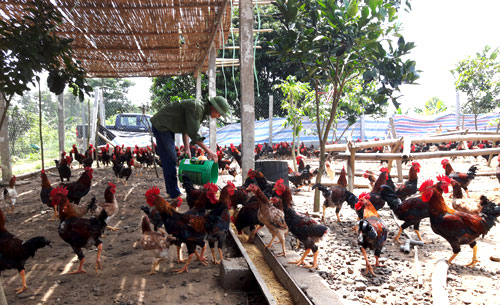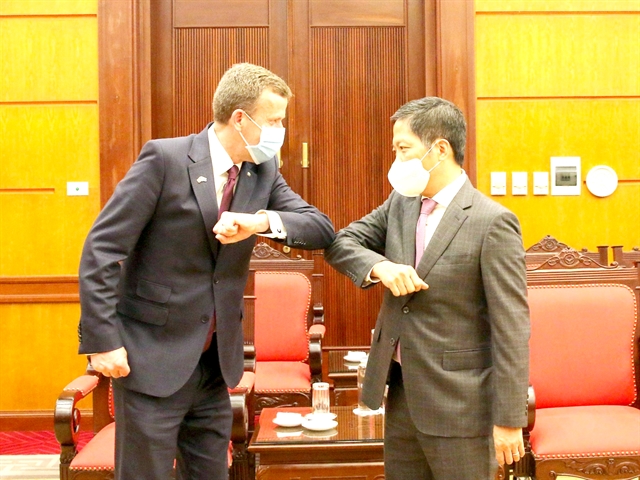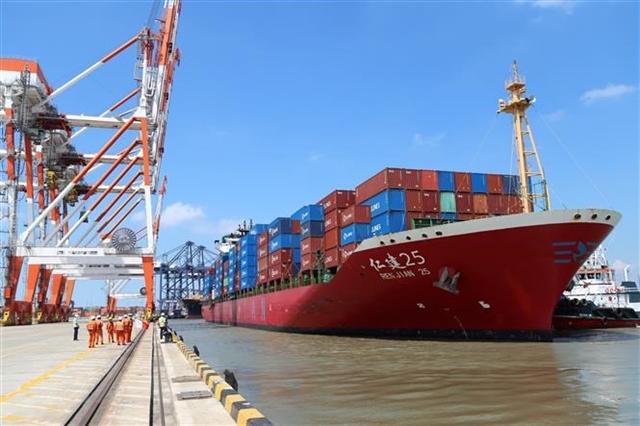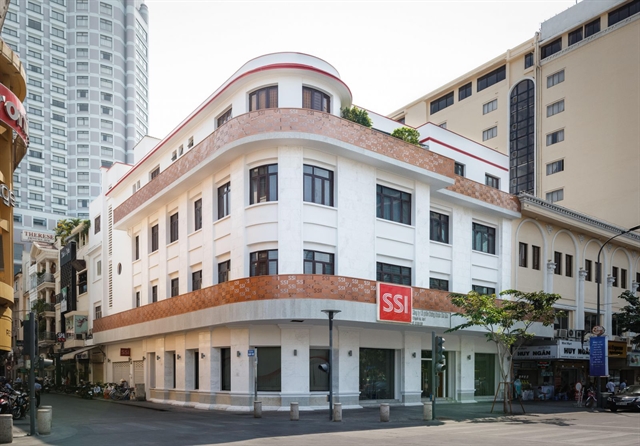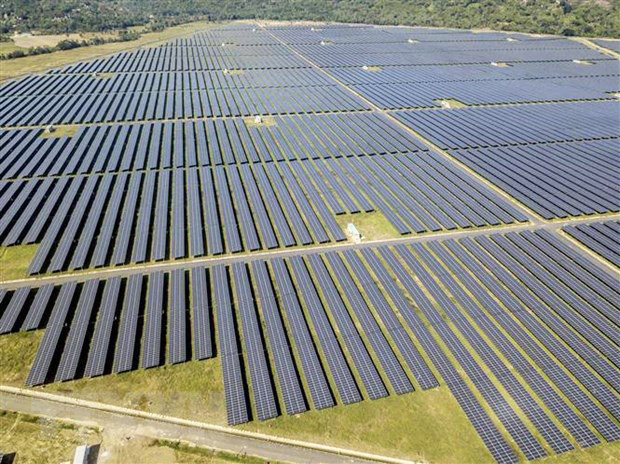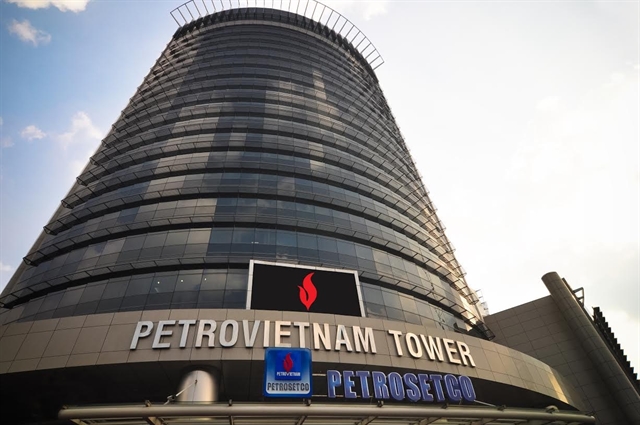
Deputy Prime Minister Lê Minh Khái has recently signed Decision No 22/2021-QĐ-TTg on the criteria for classifying wholly state-owned enterprises (SOEs) and SOEs undergoing restructuring in 2021-25.
The decision, taking force from August 19, 2021, stipulates the State shall hold 100 per cent of charter capital in SOEs in 13 fields and sectors which are crucial to the economy and the national defence and security. The State shall hold 55-65 per cent of charter capital in SOEs undergoing equitisation and restructuring in other 14 sectors.
The Ministry of Planning and Investment (MPI) is assigned to collect opinions and submit the Business Restructuring Plan for the 2021-25 period to the Prime Minister for approval in the third quarter of this year. Deputy Minister of Planning and Investment Trần Duy Đông talked to Vietnam News Agency Television (Vnews) about this issue.
What are the vision and goals of the MPI in developing the criteria for classifying State-owned enterprises this time?
We’ve attached to three very specific points of view.
Firstly, the decision only regulates the presence of State-owned enterprises in a number of key and essential industries and fields, in the important areas in terms of national defence and security and in the areas where other economic sectors do not invest.
Secondly, the new regulation also continues to implement strong hierarchy and decentralisation for the owner’s representative agency to decide and be responsible for organising and manufacturing in the units under its management.
Thirdly, it aims to promote large-scale enterprises with strong brands to continue their leading role.
The goal of giving criteria for classifying SOEs this time is trying to basically complete the re-organisation of State-owned businesses by 2025. In addition, we must promulgate an appropriate legal framework and generate revenue for the State budget.
What are the new points in this decision?
When being issued, the Prime Minister only approves a general plan of the Level I enterprises which are State economic groups and corporations. As for enterprises of Level II and Level III, their owner’s representative agency is authorised to decide.
We have also regulated the responsibilities of relevant ministries and agencies in supporting enterprises to implement their equitisation. The ministry has added a number of industries and fields that it had not regulated before but now need guidelines for implementation, such as debt trading sector which is responsible to carry out restructuring of credit institutions, or seaports which are very important to the country’s development.
Another new point is that Decision 22 only provides the classification criteria for reorganisation of enterprises, we do not offer a rigid and fixed list of Level I or Level II enterprises.
How will this decision help with better management?
This decision will contribute to realising the goal of restructuring, equitising State-owned enterprises and even divesting capital from SOEs until 2025. Secondly, if we have built such regulations, we will have a transparent plan to attract strategic investors, especially foreign investment. This is also a plan for us to base on it to promote supervision of ministries and sectors to implement the plan.
Enterprises build and register their plan and they have to do to achieve it. This is aimed to avoid the disappointment in the past period when we failed to accomplish the plan for equitisation and divestment of State-owned enterprise in the past five years. — VNS
